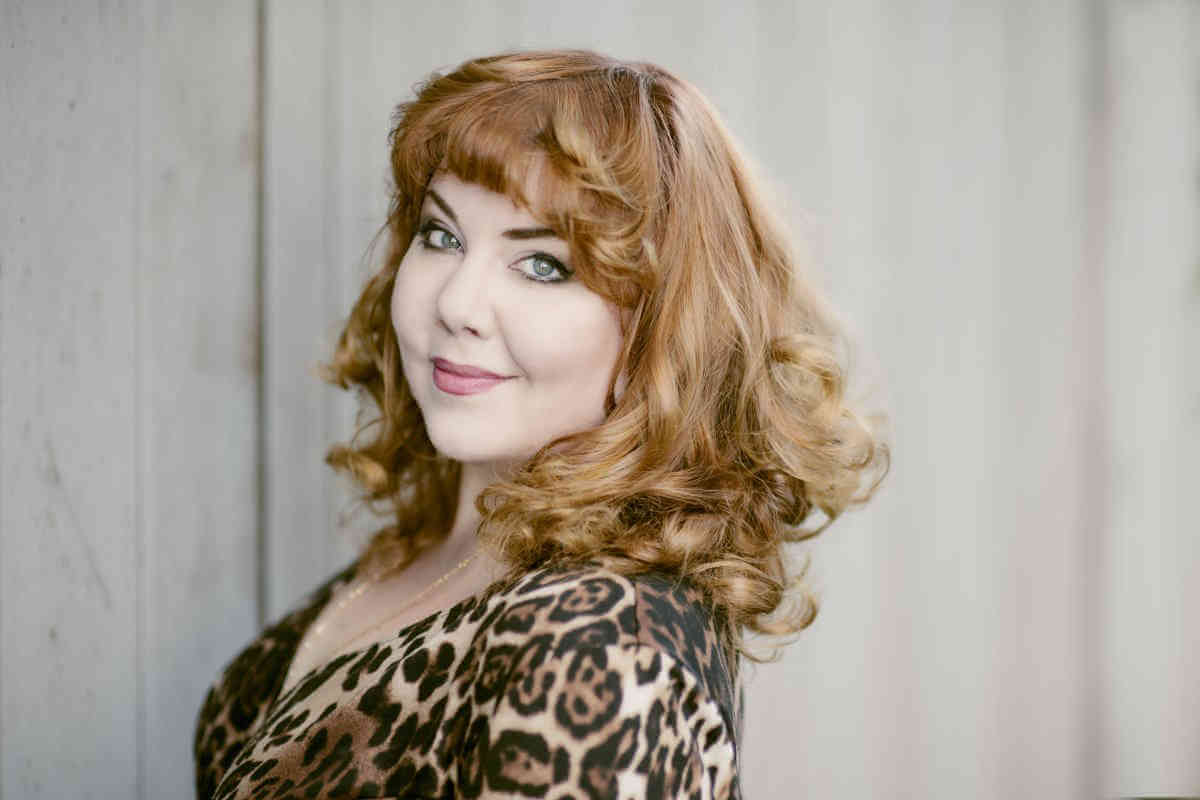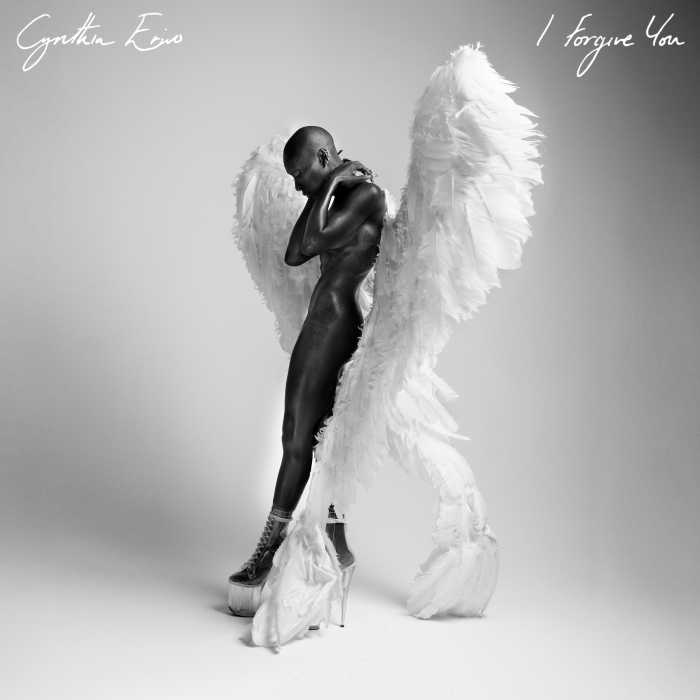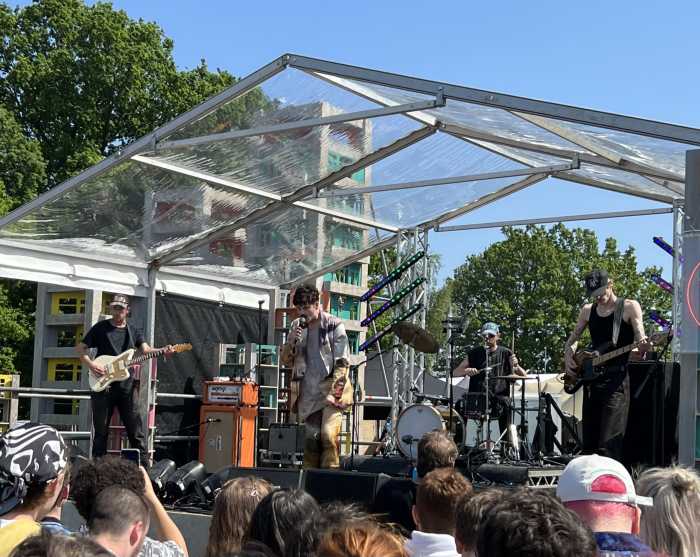Those attending summer operatic festivals sometimes have a menu of chamber music or jazz or world music to sample, as well. The Spoleto USA in Charleston and Santa Fe are probably the industry leaders in this regard. Locally, Bard always presents a staged opera at the end of July and then hosts two weeks of orchestral and chamber concerts, plus some semi-staged opera or music theater, in mid-August. A wide palate of different music can keep couples and families with varying levels of interest in vocal music content.
The Santa Fe Chamber Music Festival utilizes performance spaces in the city’s historic downtown, meaning that good food and museums (including the splendid Georgia O’Keeffe) are close by. The charming, intimate theater at the New Mexico Museum of Art is one of two venues that hosts pianists, chamber groups, and singers — next year, more of the latter than usual. August 7 witnessed a noon recital by a local resident, international mezzo Susan Graham. Fourteen years ago at this venue, I heard her sing a terrific rendition of Ravel’s tricky “Chansons madécasses” — the only occasion on which I ever heard my father declare that a singer was as good in any piece as his idol, Jennie Tourel.
Time has not stood still for Graham, but she retains a good portion of the sound and all of the forthright, “down home” charm that made her so popular. Singing in public at noon is a tricky business for singers of any age, however, and the program’s first work, Mahler’s “Rueckert-Lieder,” did not find in her a particularly prepared or sung-in interpreter. Other than Strauss’ Octavian, she’s rarely shone in German repertory as much as in French works, and Mahler demands a particular sensibility. Like Elina Garanca in the same cycle at Carnegie this season, Graham used a music stand and did not seem inside the first few songs. She fought off coughs and sometimes had to break up phrases for extra breaths. “Um Mitternacht” showed more commitment but tested her stamina. The sublime final “Ich bin der Welt abhanden gekommen” suited her best temperamentally and vocally.
Graham was on much happier and familiar terms with the program’s second portion, Berlioz’s exquisite cycle “Les nuits d’été,” set to arch-Romantic poems by Théophile Gautier. Berlioz has been good turf for Graham. My first Met exposure to her was as Ascagne — Énée’s adolescent son — in the dispiriting 1993 revival of “Les troyens,” in which she and Thomas Hampson’s Chorèbe were about the only truly bright spots. I have yet to hear a better Ascagne, and Graham also made the move up to Didon with considerable grace, in Paris, Chicago, and San Francisco as well as New York. Early on, she recorded Berlioz’s Béatrice in “Béatrice et Bénédict” memorably, and her disc of the Gautier cycle with John Nelson is — while not one of the most profound readings — highly creditable.
And so it proved on this occasion. Style and gallic utterance remained in good balance, her expressiveness only occasionally undercut by over-literal gestures (like hands held in prayer at “Ni messe, ni De Profundis”). She varied the intention and attitude of her singing to match the six varied song personas. As on her recording, she took the exciting octave drop on “linceul” in “Sur les lagunes” that many elide. Jon Kimura Parker provided sensitive, insightful support. This “Nuits d’été” was well worth hearing, and suggested that Graham could with success still take on another, slightly less rangy Berlioz assignment: Marie in his remarkable, too-little played “L’enfance du Christ.” The recital concluded nicely with a favorite Graham encore, Reynaldo Hahn’s archaizing 1907 “À Chloris.”
Next summer’s festival boasts — along with stellar instrumentalists like Richard Goode, Leila Josefowicz, and Ida Kavafian — many fine singers worth catching, including Sasha Cooke, Michelle DeYoung, Kelley O’Connor, and the ballyhooed breakdancing countertenor Jakub Józef Orlinski.
As part of Bard’s “Korngold and His World” festival, its ambitious impresario and mastermind Leon Botstein put on a concert entitled “Art During and After the Catastrophe.” The “catastrophe” here was the Holocaust, which sent Korngold into American exile and Hollywood prominence. Some of his Hollywood scores haunt the Third Movement of his 1947 “Symphony in F-sharp,” an Adagio that also recalls the funeral march aspects of the Allegretto in Beethoven’s “Seventh.” This movement — at least until it turned too nakedly into a Big Statement — was, along with a marked channeling of Mahler (whose work Korngold probably got to know better during his American years than before), for me the only interesting features of a well orchestrated but ponderous and way-overlong work.
The American Symphony, as a whole and in its instrumental solos, furnished great clarity throughout, as it did for Paul Hindemith’s subsequent “Symphonia Serena.” Also overlong and ponderous, this notably academic exercise at least featured more compellingly varied instrumental texture than the Korngold; again, the third movement — featuring cadenzas in dialogue from the two lead violinists and violists, separated spatially — held the most interest.
It was a relief to turn to Richard Strauss’ autumnal 1948 “Four Last Songs,” an exquisite work that — with “Les nuits d’été,” in fact — would rank among many vocal music partisans’ favorite pieces. Botstein led in rather foursquare fashion, but again the playing per se was impressive. The fine Strauss soprano Marjorie Owens, underutilized in this country, supplied a wealth of soaring, cushioned vocalism and the seemingly endless breath control these songs need. She sang with feeling and sympathy but did not dig deeply into the texts — though the last song’s climactic phrase “So tief im Abendrot” lingers in my memory.
Owens made a more-than-estimable Met 2015 debut as Aida. Why hasn’t she returned? I’d love to hear her sing Strauss’ Ariadne (a signature role) and Daphne — as well as Wagner’s Elisabeth and Britten’s Ellen Orford — before she embarks on the heavier roles (Turandot, Elektra) she’s announced.
In all three works, concertmaster Cyrus Beroukhim dazzled with his musical concentration and ethereal tone.
David Shengold (shengold@yahoo.com) writes about opera for many venues.
































